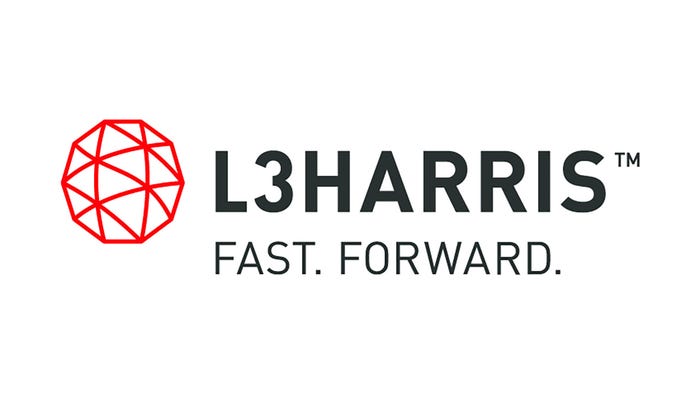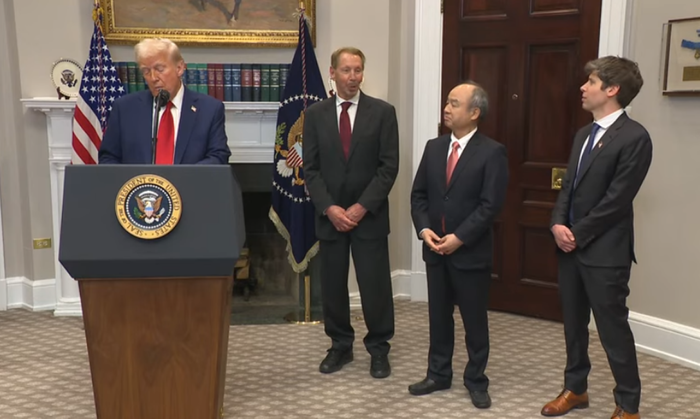CMA releases order mandating price controls on Motorola Solutions for Airwave TETRA network in UKCMA releases order mandating price controls on Motorola Solutions for Airwave TETRA network in UK

Price controls designed to prevent Motorola Solutions from realizing “supernormal” profits from its nationwide Airwave TETRA network in the United Kingdom (UK) are effective today after the Competition and Markets Authority (CMA) yesterday published its final order on the matter.
Motorola Solutions is projected to lose more than $1 billion in expected revenues from Airwave during the next several years with the implementation of the CMA’s ordered price controls for the TETRA network, which provides mission-critical communications to all UK public-safety agencies.
Publication of this order marks the final step in the CMA’s market investigation into the Airwave system, which has been criticized by UK officials as being too expensive—something that the CMA determined in its 22-month investigation to be an adverse effect on competition (AEC).
“The AEC gives Airwave Solutions (and its owner, Motorola Solutions) the ability to price services above levels the CMA would expect to prevail in a competitive market and results in a detrimental effect on customers,” according to a CMA statement issued yesterday that reiterates the watchdog agency’s findings.
Of course, the initial plan of the UK Home Office was to complete development of its proposed LTE-based Emergency Services Network (ESN) by the end of 2019, when the original Airwave contract was scheduled to expire. Instead, the ESN project has been delayed multiple times, forcing the Home Office to extend the life of the Airwave system through 2026 via two contract extensions to date. UK officials recently have stated that the ESN may not be completed by the end of the decade.
According to the CMA order, the price controls on Airwave become effective on the “commencement date,” which the order defines as “the day following the date on which the order is made.” Given the fact that the CMA issued its order on July 31, the commencement date is today, Aug. 1.
Motorola Solutions has opposed the CMA’s conclusions throughout the investigation, noting the ESN failures, the fact that the Home Office designed Airwave as a single dedicated public-safety network, and that the CMA and the Home Office approved Motorola Solutions’ purchase of Airwave in early 2016.
On June 5, Motorola Solutions filed an appeal of the CMA decision to the Competition Appeal Tribunal, a company spokesperson informed IWCE’s Urgent Communications. The spokesperson also provided the following statement for the LMR vendor giant:
“Motorola Solutions strongly disagrees with the CMA’s issuance of the remedies order while our appeal against the legal validity of the CMA’s final decision is being heard in the Competition Appeal Tribunal,” according to the statement. “The company is working to agree to the suspension of the implementation of the order until we receive judgment in our appeal of the CMA’s decision.
“The CMA has found no shortcomings in Airwave’s exceptional service, and Motorola Solutions will continue to vigorously protect its contractual position in delivering the Airwave network which the UK’s emergency services rely on every day.”
Motorola Solutions’ contractual position is based on the terms of a four-year extension for Airwave that it signed with the UK Home Office in December 2020, although the deal was not announced until the following month. Under that agreement, Motorola Solutions would have received more than $2 billion for extending the life of the Airwave TETRA system for four years, but the CMA order promises to change those finances dramatically.
“The CMA estimates that, as a result of the AEC, Airwave Solutions and Motorola Solutions can be expected to make total supernormal profits of around £1.27 billion [$1.628 billion, based on current exchange rates] from the operation of the Airwave Network between 1 January 2020 and 31 December 2029,” according to the CMA’s explanatory note about the order. “This is equivalent to charging almost £200 million [$256.4 million] per year more than the CMA would expect in a well-functioning market.
“The Report sets out the CMA’s decision to make an order … for the purpose of remedying, mitigating or preventing the detrimental effect on customers so far as it has resulted from, or may be expected to result from, the AEC.”
The CMA order states that not all Airwave offerings are subject to the price controls, as noted below:
“The charge control applies to the products and services provided by all Airwave Solutions’ business lines, with the exception of:
“(a) the Ambulance Bundle 2 contract (which covers control-room services and terminals, including terminal support);
“(b) Pronto (a data solution offered to police services);
“(c) CCCRS (a CommandCentral control-room solution offered to police services);
“(d) Radio terminals (except where part of a managed service); and
“(e) services associated with the development and provision of any interface solution required for interworking and provided under the Interface Agreement.”
In its response to the CMA’s draft order, Motorola Solutions noted its belief that the reduced payments for Airwave by the Home Office should be accompanied with the UK government assuming greater responsibility for the potential impacts on the performance of the TETRA network.
“The Draft Order makes clear that network investment made by Airwave would not necessarily be recovered to the extent incurred,” the Motorola Solutions’ response states. “The Airwave network has always been maintained to the highest standard on a ‘whatever it takes’ basis, in return for the agreed price. The Draft Order abandons that contractual principle, and it should be for the Home Office, not Airwave, to assume the risk and consequences of underinvestment in Airwave.”





